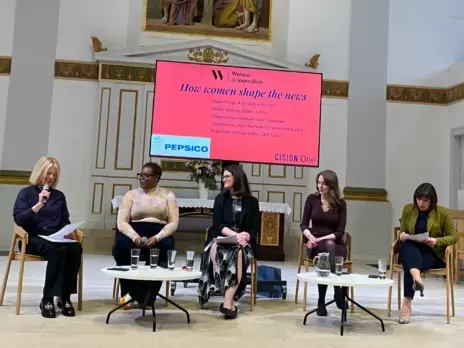
Journalists commissioned a private detective to find out personal details about sportsmen and celebrities including Hugh Grant and his former girlfriend Liz Hurley, the Leveson Inquiry heard today.
Records seized from investigator Steve Whittamore in 2003 contained a “veritable treasure trove” of information about how newspapers ordered searches on everything from addresses to criminal records, the hearing was told.
The paperwork includes references to investigations into members of a UK national sports team and a “B&B sex party”.
Whittamore was asked to do an address search for Grant and Hurley in south London and a vehicle registration mark (VRM) check relating to the Love Actually star, the press standards inquiry heard.
Alec Owens, senior investigating officer for the Information Commissioner’s Office (ICO) from 1999 until 2005, recalled: “We went to see Mr Grant at his offices because a VRM comes up against his name.
“As it turned out he couldn’t recall this and possibly thought he may have been in a friend’s car or talking to somebody standing by that car.”
One newspaper paid £800 in 2002 for the June 2001 phone bill of an unnamed sports star from a national side, the inquiry was told.
Whittamore’s Hampshire home was raided in March 2003 as part of a major ICO investigation into the illegal purchase of confidential information called Operation Motorman.
The private detective was convicted in 2005 of illegally accessing data and passing it to journalists.
Robert Jay QC, counsel for the inquiry, said there was a “veritable treasure trove” of information in Whittamore’s files.
Inquiry chairman Lord Justice Leveson added: “Mr Whittamore had collected together a vast amount of personal data.
“The documents identify the names of titles, specify journalists at the titles apparently or inferentially making the requests.
“It identifies the names of people from a wide range of public life and in the public eye, and provides addresses, telephone numbers, mobile telephone numbers and charging details for that information.”
The records show that Whittamore charged £17.50 for an “occupancy search” to discover who lived at a particular address, £30 for an “area search” to find out where a person lived, and about £75 for an ex-directory telephone number search.
Newspapers paid £75 for getting the address linked to a mobile number and £150-200 for a vehicle registration search.
Whittamore would write “occupancy” on paperwork that he sent to his accountant for tax purposes when in fact it related to ex-directory phone number searches, while invoices sent to newspapers often just read “confidential inquiries”, the hearing was told.
Owens said: “In the main it was just ‘confidential inquiries’. He (Whittamore) wouldn’t tell us and we never got the opportunity to ask any members of the press what they might have been.”
Singer Charlotte Church told the inquiry last week that she was contacted by police when she was 19 over Operation Motorman.
She said in a witness statement: “I was shown an enormous book which included transcripts of telephone calls as well as addresses, car registration details, and information from criminal records.
“There was a huge amount of information, and I am not sure what became of it.”
The inquiry has heard that former Information Commissioner Richard Thomas did not pursue investigations against any journalists, despite the wealth of evidence unearthed.
Today it emerged that Thomas had also been warned that even editors could be implicated.
Counsel giving him written advice on whether there were grounds for bringing legal action said: “Having regard to the sustained and serious nature of the journalistic involvement in the overall picture, there could be little doubt that many, perhaps all, of the journalists committed an offence.
“It seems to me that several editors must have been well aware of what their staff were up to and therefore party to it.”
But counsel went on to note that this was apparently “the first occasion on which the scale of the problem has come to light”.
And they suggested that “it may not be unreasonable to give the Press Complaints Commission the chance to put their house in order”.
Email pged@pressgazette.co.uk to point out mistakes, provide story tips or send in a letter for publication on our "Letters Page" blog






